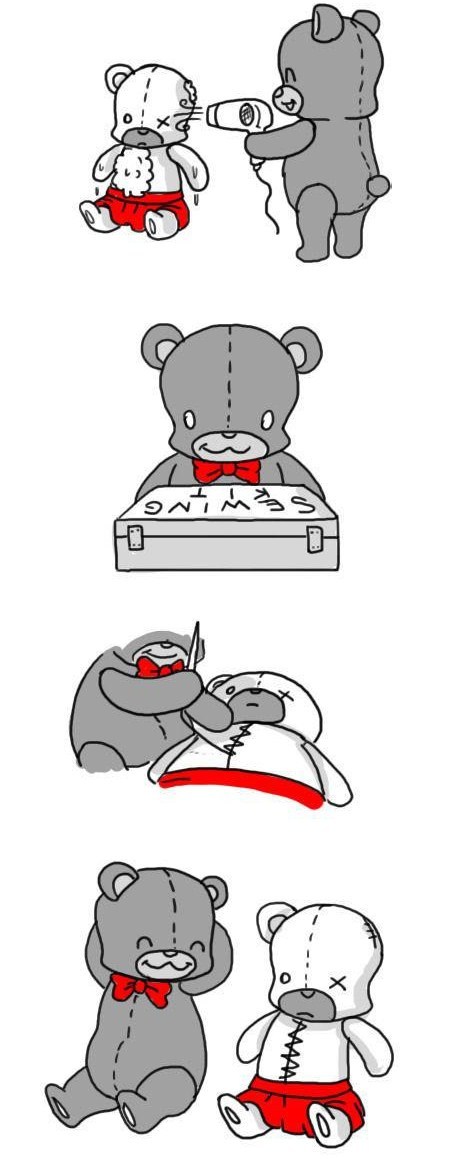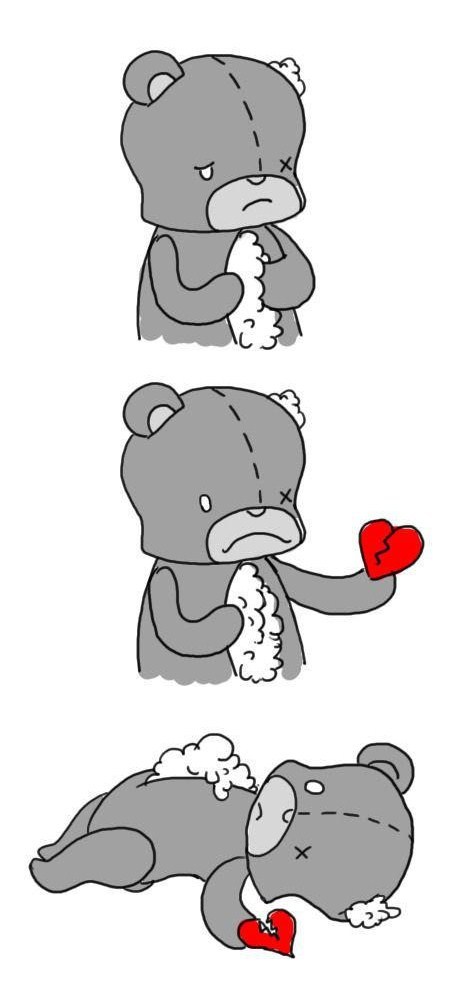Absolute Unit

Absolute Unit
More Posts from Iphleandro-blog and Others







This enormous wolf


you and your words flooded my senses
your sentences left me defenseless
you built me palaces out of paragraphs
you built cathedrals
Show

Dog carved into a tree stump.
yorkshire.fossils Following from yesterday’s Nautilus post, our only pyritic specimen to that standard in around ten years… here’s another my dad, Mark (who prepared all of our fossils to an excellent standard) found very recently!! ⛏⛏ Unbelievably, six other fossil hunters areas of us had walked past it and missed this rare quality fossil! The original shell is preserved on this specimen which is uncommon! When prepared, it should be a beautiful chocolate colour 🍫 😍
Fiann on Instagram: “Here is a shot along the vertebral column of my smallest ichthyosaur called Bella. At the end you’ll see how her vertebrae compare to the biggest vert I’ve found from the same location. This huge bone is from an animal that would have been over 8 metres long, which is a bit bigger than poor little Bella! These fossils are both around 198 million years old. Bella was prepared by the ever talented @alexander_james_moore.


The Bortle Scale and Light Pollution
The Bortle Scale is used by astronomers to rate the darkness of our skies. It ranges from 1 (darkest) to 9 (brightest). For most of us, our daily lives are spent beneath a radiance level of between 5 and 8 and rarely venture into areas ranked 3 or darker- and what a shame that is.
Light pollution, while a testament to our technological advances, has blanketed our view of the universe and decoupled our relationship with the cosmos. For the millions of people living in areas where less than 20 stars can be seen in the night sky, it is practically impossible to imagine a natural sky blanketed with upwards of 2,500 stars backed by great ribbons of billions of stars which can be found in our Galaxy: The Milky Way.
What are the effects of light pollution?
Continuar lendo
-
 aphid-kirby liked this · 6 years ago
aphid-kirby liked this · 6 years ago -
 low-level--00 reblogged this · 6 years ago
low-level--00 reblogged this · 6 years ago -
 low-level--00 liked this · 6 years ago
low-level--00 liked this · 6 years ago -
 zestful-guitar-blog reblogged this · 6 years ago
zestful-guitar-blog reblogged this · 6 years ago -
 pleasant-canadians-music reblogged this · 6 years ago
pleasant-canadians-music reblogged this · 6 years ago -
 pleasant-canadians-music liked this · 6 years ago
pleasant-canadians-music liked this · 6 years ago -
 freakys-posts liked this · 6 years ago
freakys-posts liked this · 6 years ago -
 chaotic-pastel-science-babe liked this · 6 years ago
chaotic-pastel-science-babe liked this · 6 years ago -
 krskunk liked this · 6 years ago
krskunk liked this · 6 years ago -
 collaredspirits liked this · 6 years ago
collaredspirits liked this · 6 years ago -
 tenaciousdonutninja-blog liked this · 6 years ago
tenaciousdonutninja-blog liked this · 6 years ago -
 72degreesandsunnny liked this · 6 years ago
72degreesandsunnny liked this · 6 years ago -
 eldrichmanilo reblogged this · 6 years ago
eldrichmanilo reblogged this · 6 years ago -
 iphleandro-blog reblogged this · 6 years ago
iphleandro-blog reblogged this · 6 years ago -
 bisexualdaikaiju reblogged this · 6 years ago
bisexualdaikaiju reblogged this · 6 years ago -
 bisexualdaikaiju liked this · 6 years ago
bisexualdaikaiju liked this · 6 years ago -
 soundwavesopretty liked this · 6 years ago
soundwavesopretty liked this · 6 years ago -
 corvidcorgi liked this · 6 years ago
corvidcorgi liked this · 6 years ago -
 dinosarden reblogged this · 6 years ago
dinosarden reblogged this · 6 years ago